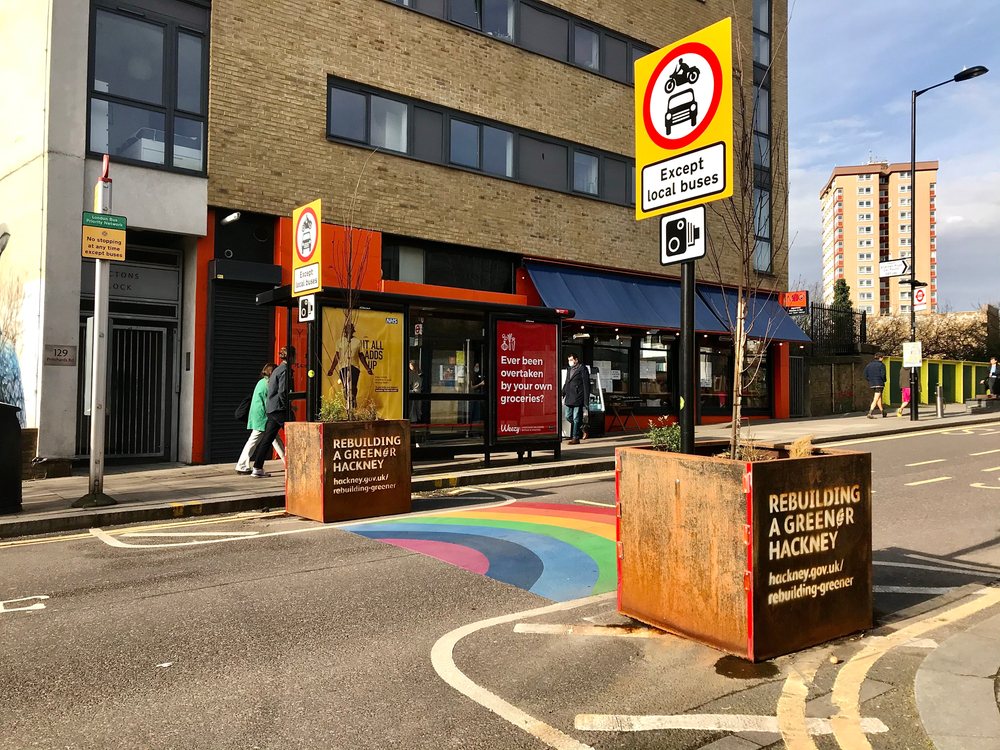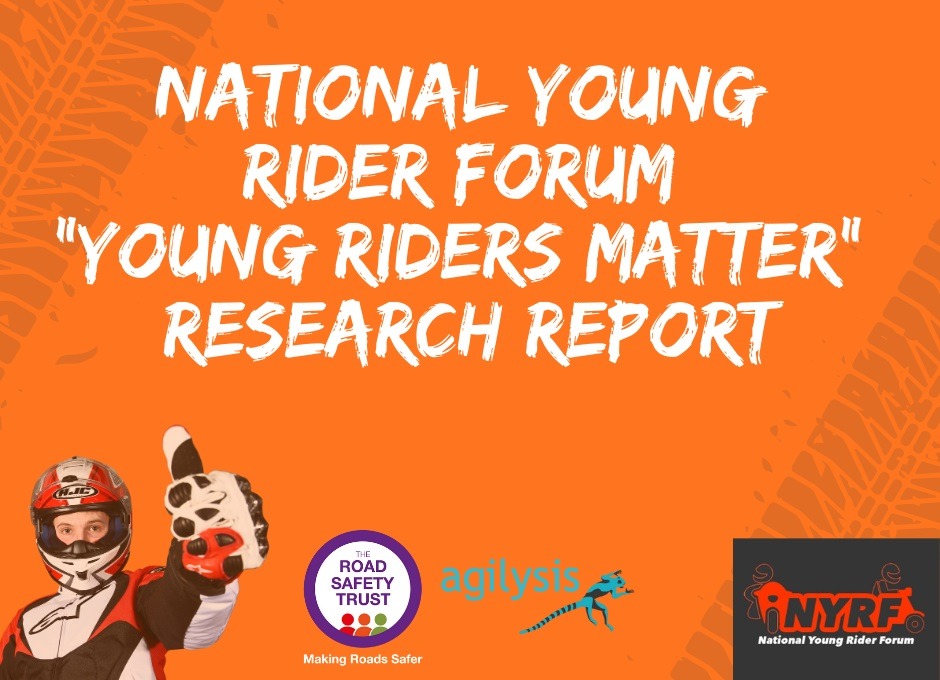Are ULEZ, LTNs and 20mph just ‘anti-car policies’?
Following the recent byelection in Uxbridge and the fallout over the issue of ULEZ expansion, Rishi Sunak has jumped onto something he feels has electoral opportunity by the taking on what he describes as ‘anti-car policies’.
Sunak went hard at LTNs in his The Telegraph interview over the weekend, and has also decided to take on the devolved administrations by moving the ‘culture wars’ to Wrexham and piling in on 20mph limits. But what does the evidence say, and what else is there to review?
Motorists are almost certainly not able to account for any real additional cost in time or fuel.
Having reviewed the data on like-for-like journeys that we make since local roads went from 30mph to 20mph any differential is undetectable, and times have possibly even improved. Meanwhile the adverse health costs can be significant; fatality risk at 30mph (50 km/h) is more than five times higher than the risk at 20mph (30 km/h) – so even very modest reductions in speed (as seen in Bristol) were associated with reductions in injuries and increases in cycling.
The public remain concerned about speeds of local traffic
In Wales, 68% were concerned about cars or other vehicles driving too fast generally, a figure which rose to 73% for those with children aged under 16 in their household. Meanwhile, around two-thirds or British adults are reticent to cycle because of safety concerns. And we shouldn’t forget that, asked directly whether they would support a speed limit of 20 mph in the area in which they lived, 80% of Welsh adults said that they would.
How else can we review?
We often speak about connected vehicle data and the wealth of information that it can give us. We’ve only just tapped the surface of what’s available and what it can mean for Road Safety, Transport and the environment.
We’re already working on projects using connected vehicle data that provides historical speed, traffic flow and congestion data as well as live junction analysis and origin destination analysis.
When we say vehicle, we don’t only mean motorised transport. Connected data is also available from bicycles and scooters particularly where hire or trial schemes have been implemented, but also from companies such as See.Sense who gather data through their bike lights on things such as speed, harsh braking, and swerve data.
Using these available data sets means that you can historically track and add to the evaluation of new schemes such as LTNs with robust quantitative data like never before.
And if policies like 20mph, or LTNs or ULEZ do encourage some people to travel by alternative means to private motor vehicles is that a bad thing for the British people? Former chief medical officer, Sir Liam Donaldson once said “The potential benefits of physical activity to health are huge. If a medication existed that had a similar effect, it would be regarded as a ‘wonder drug’ or ‘miracle cure’.”




